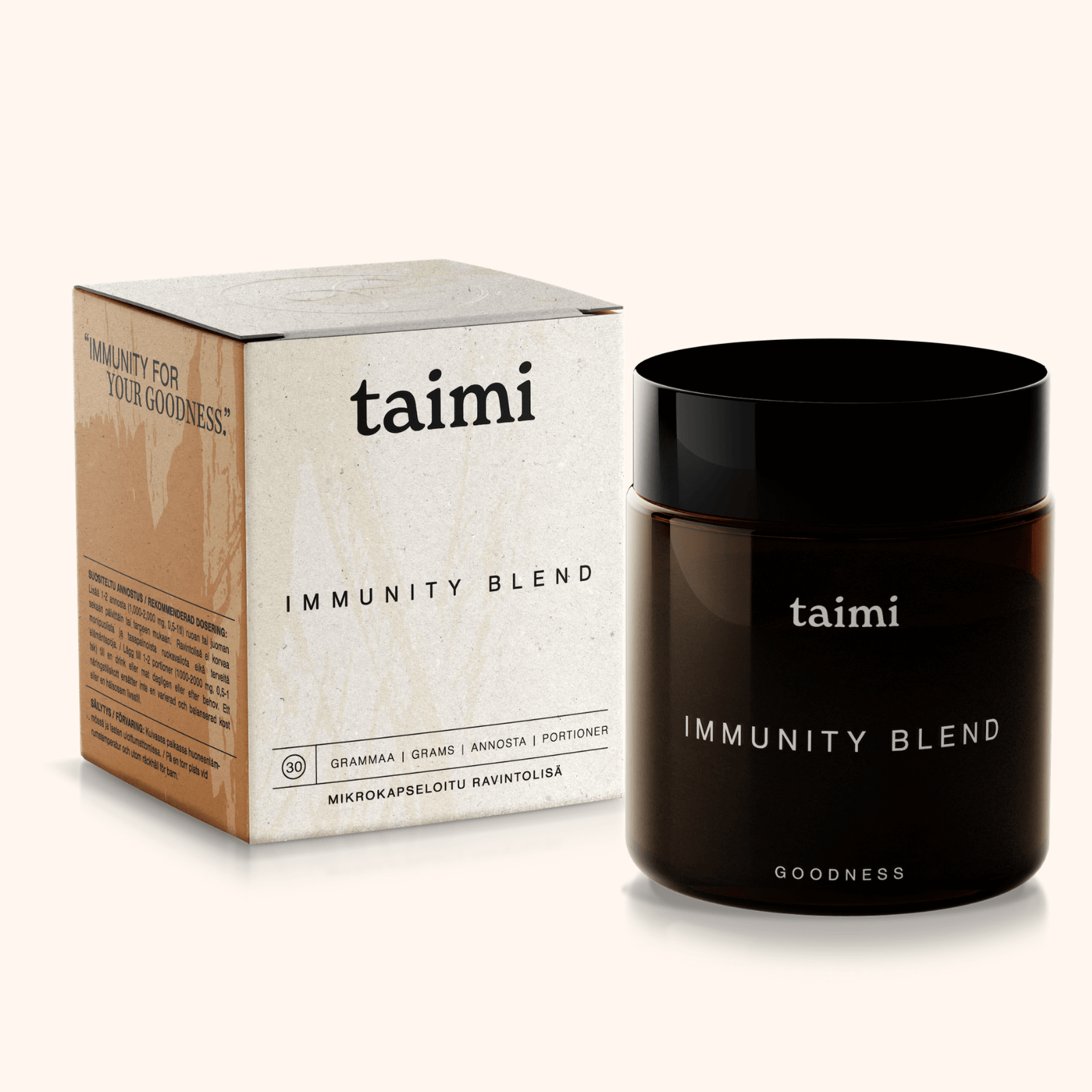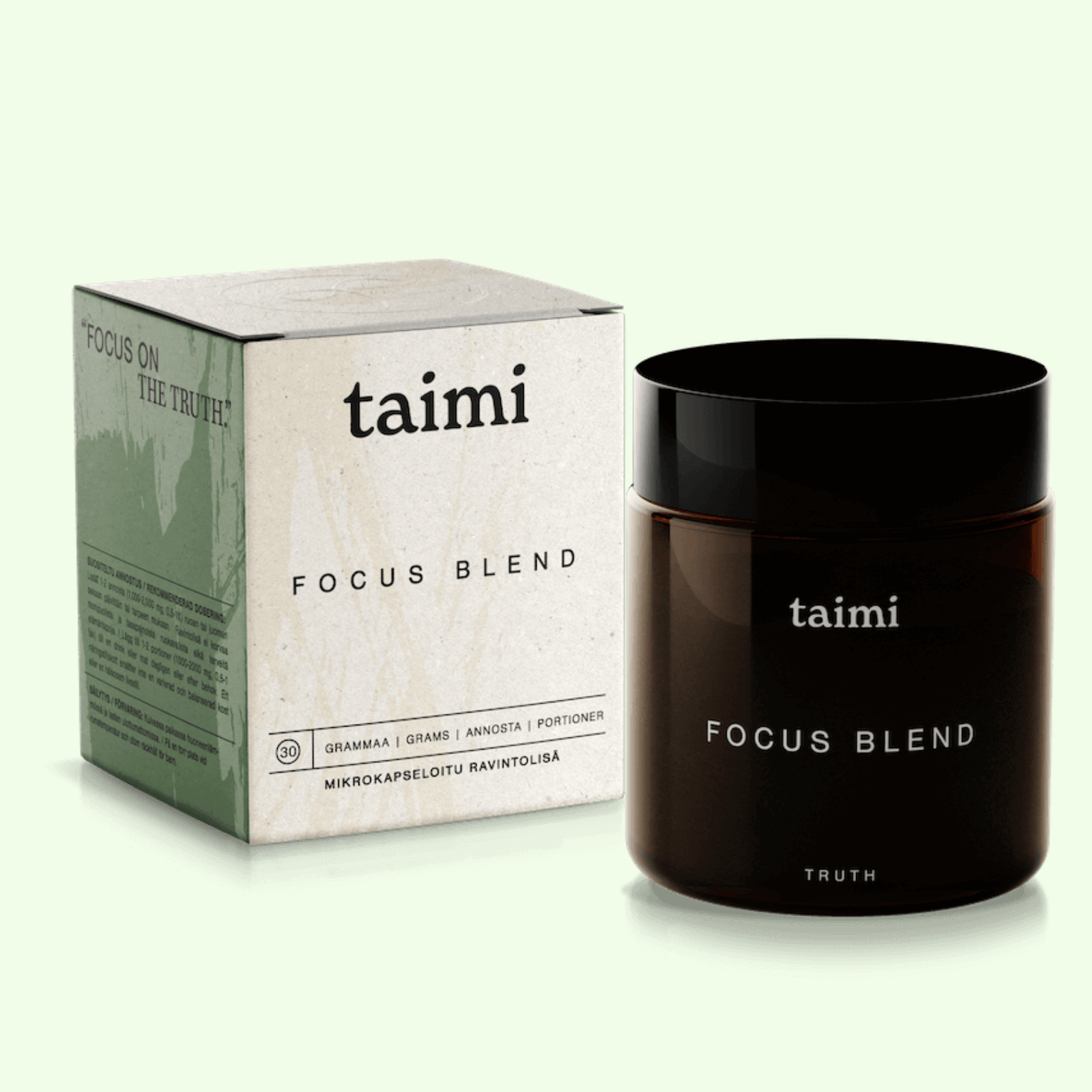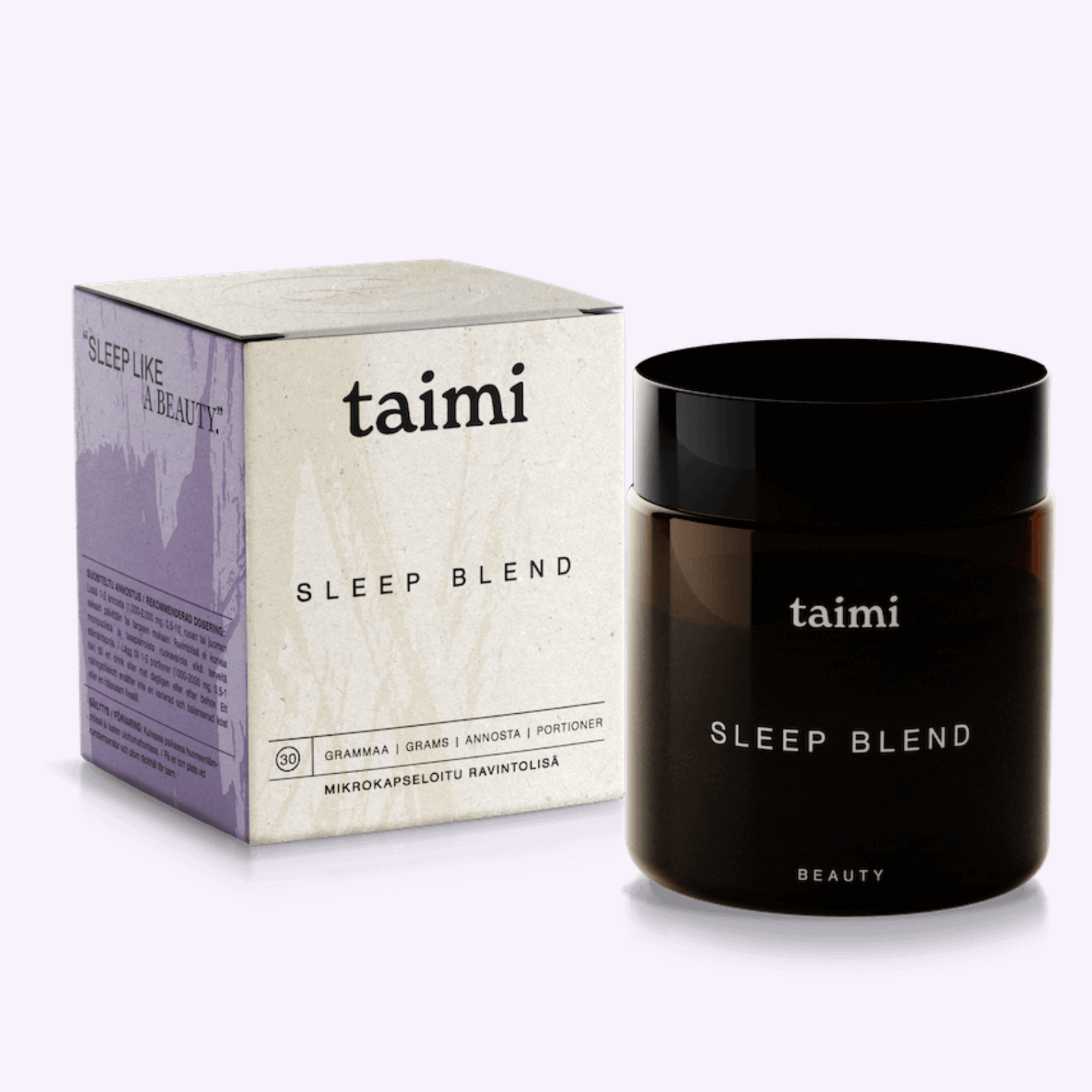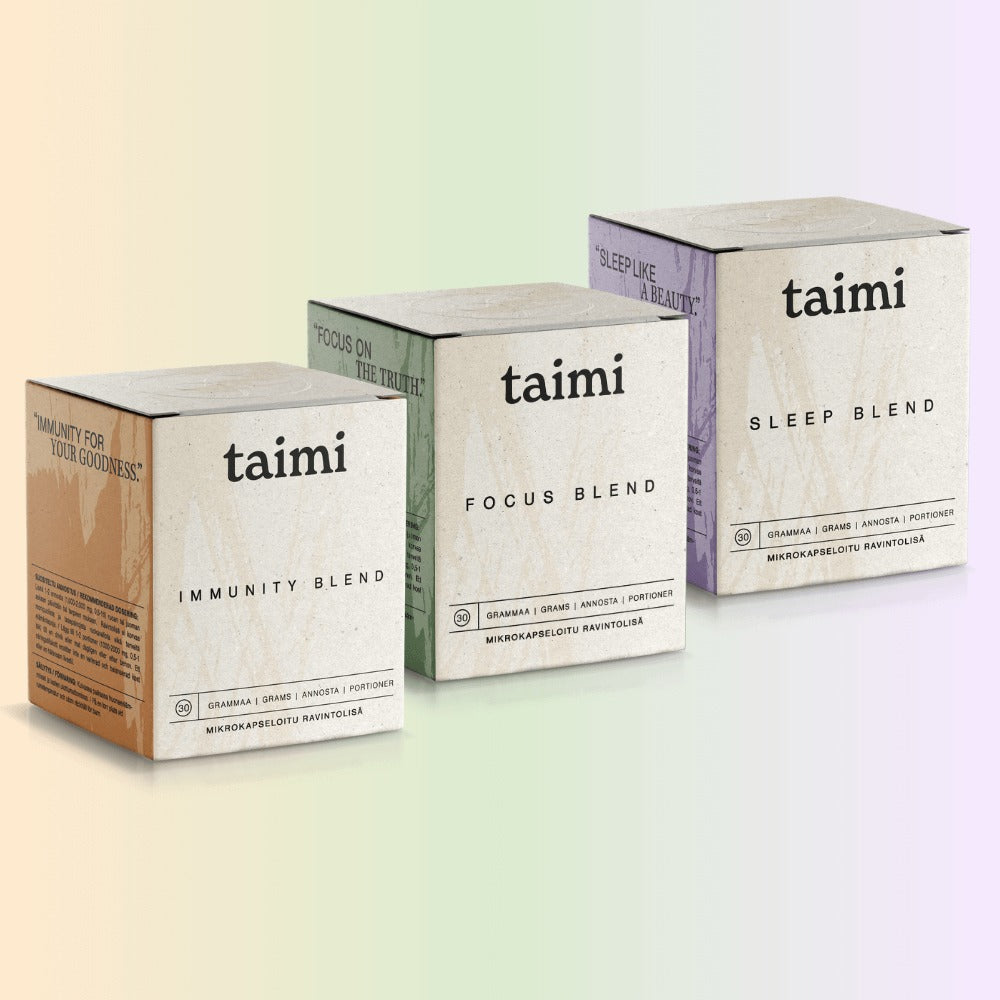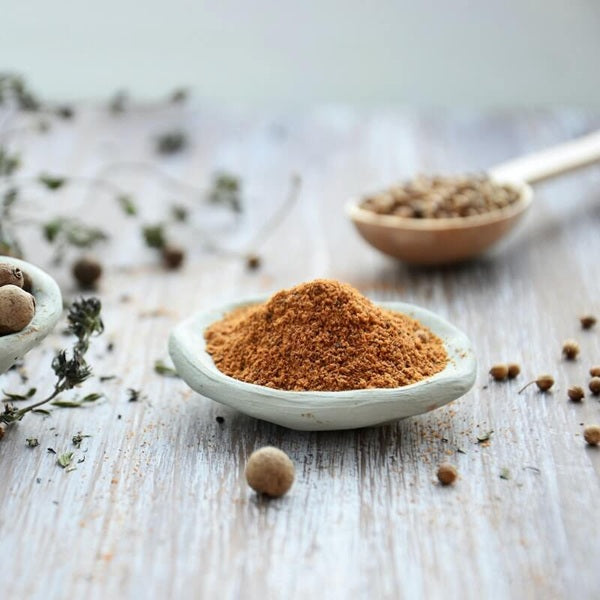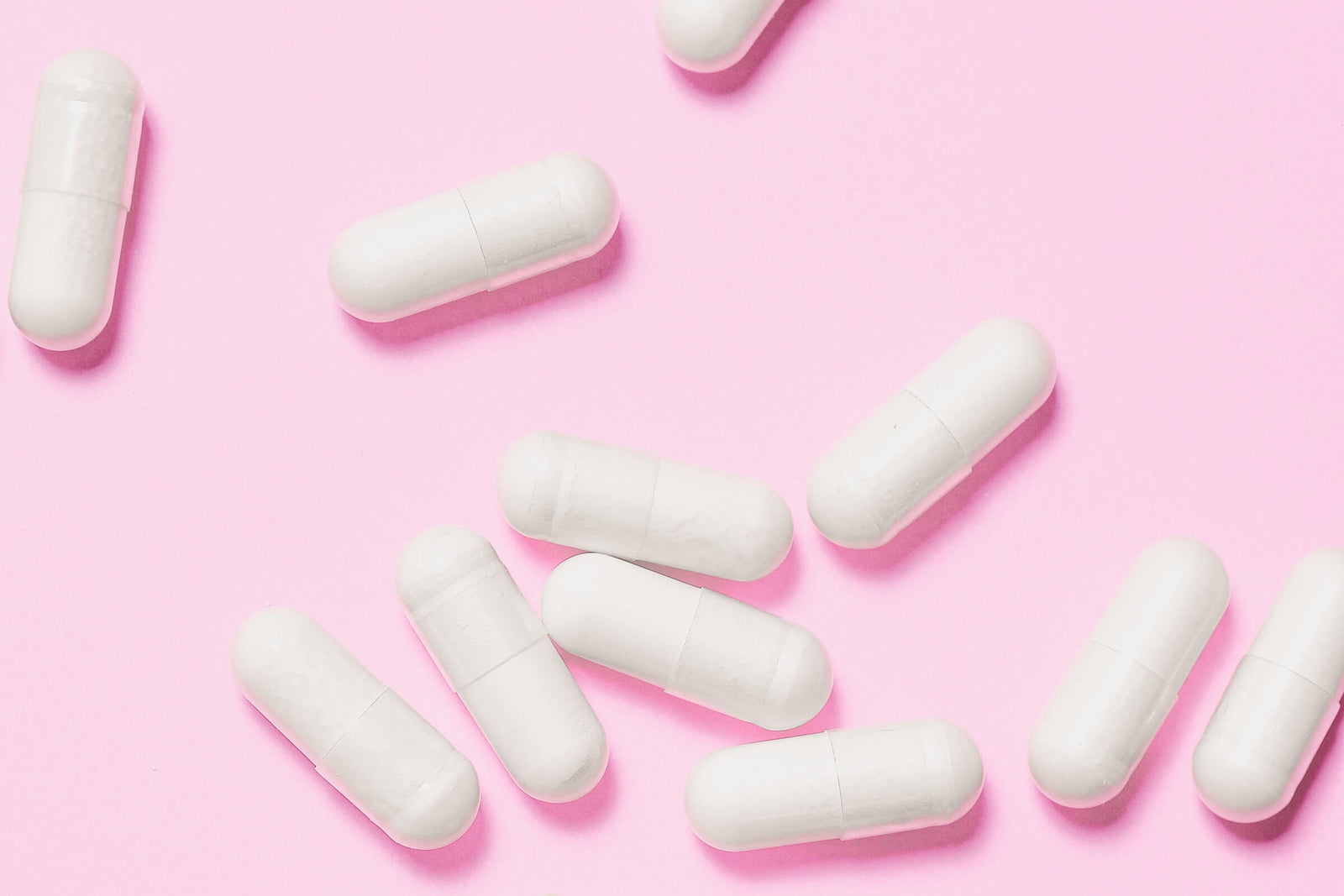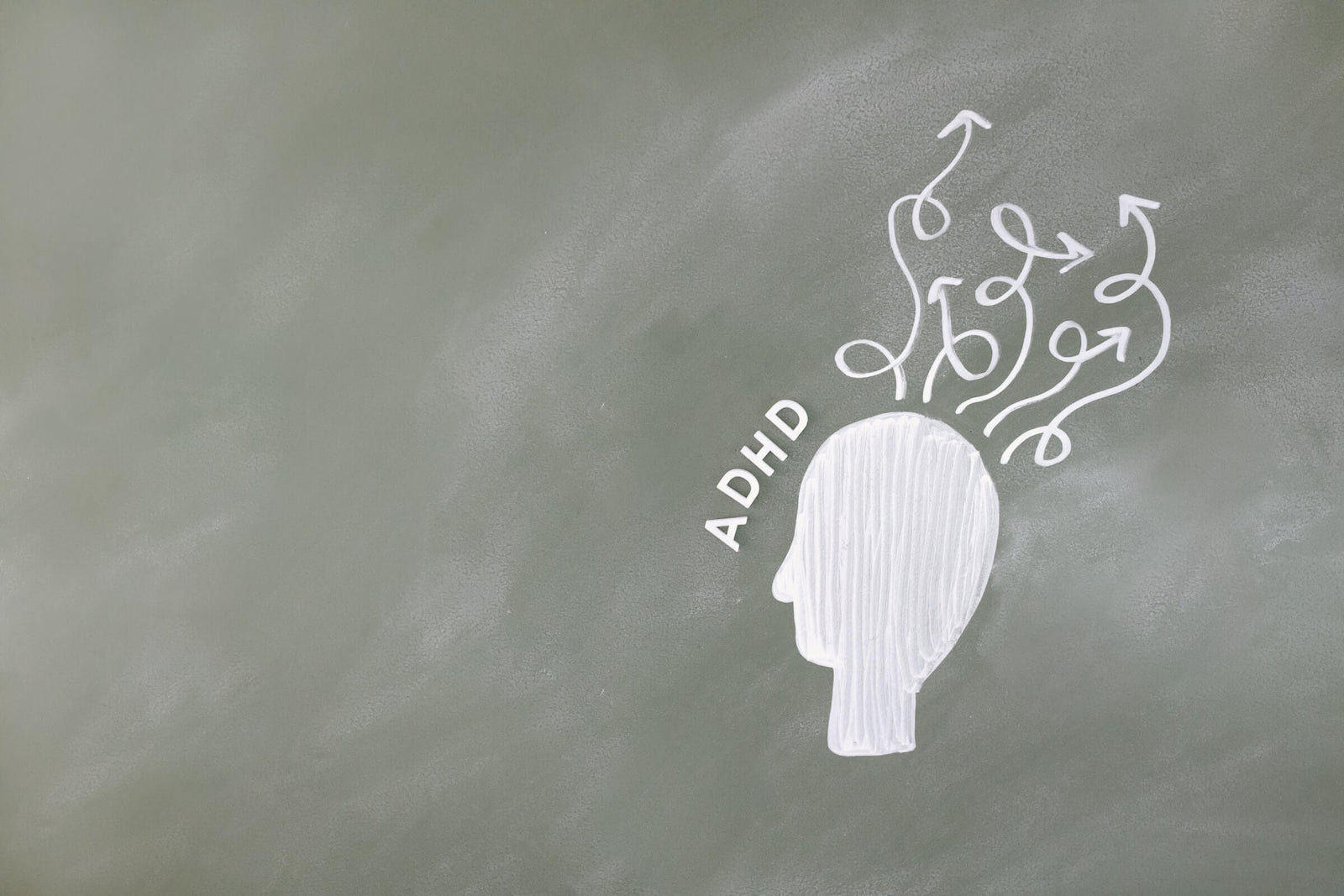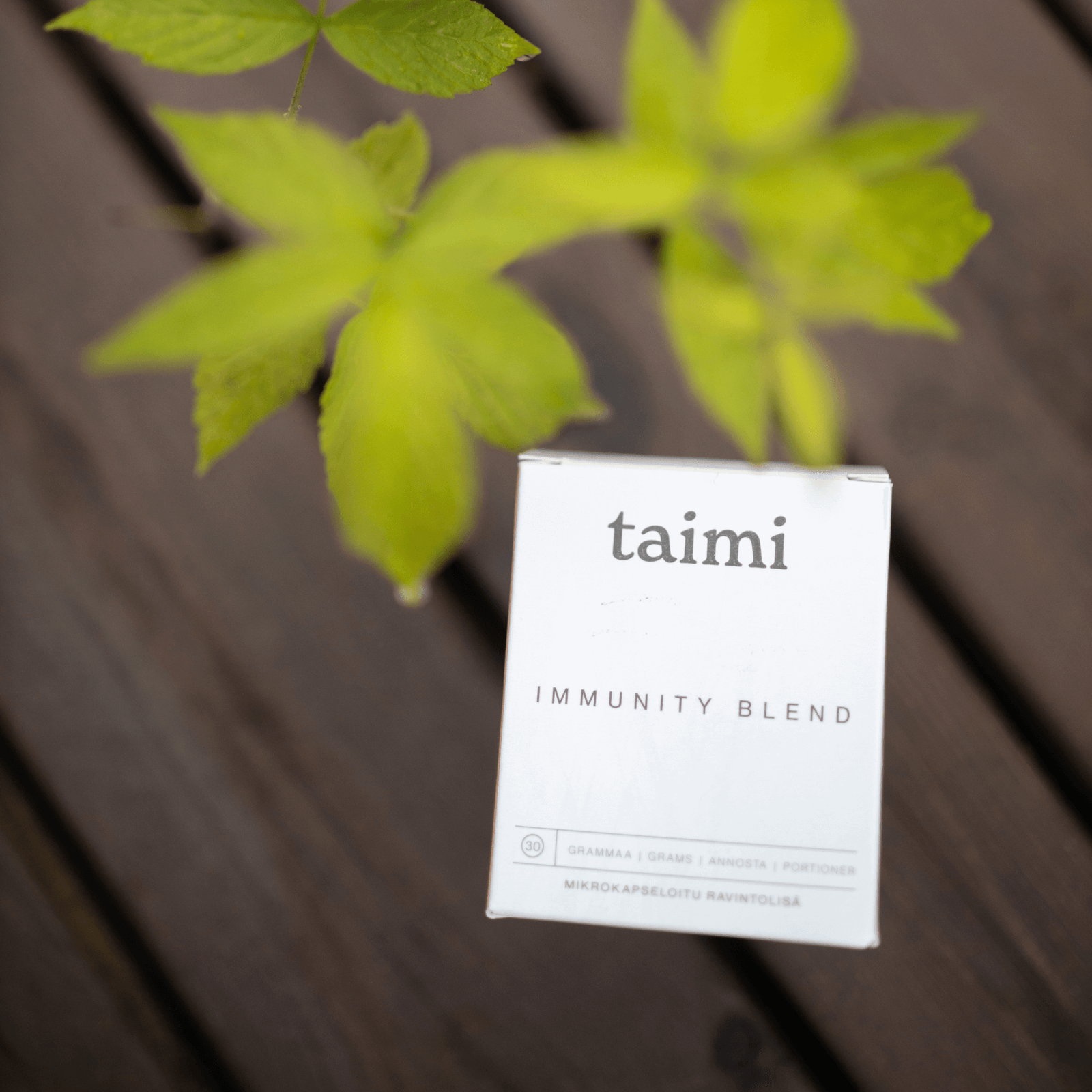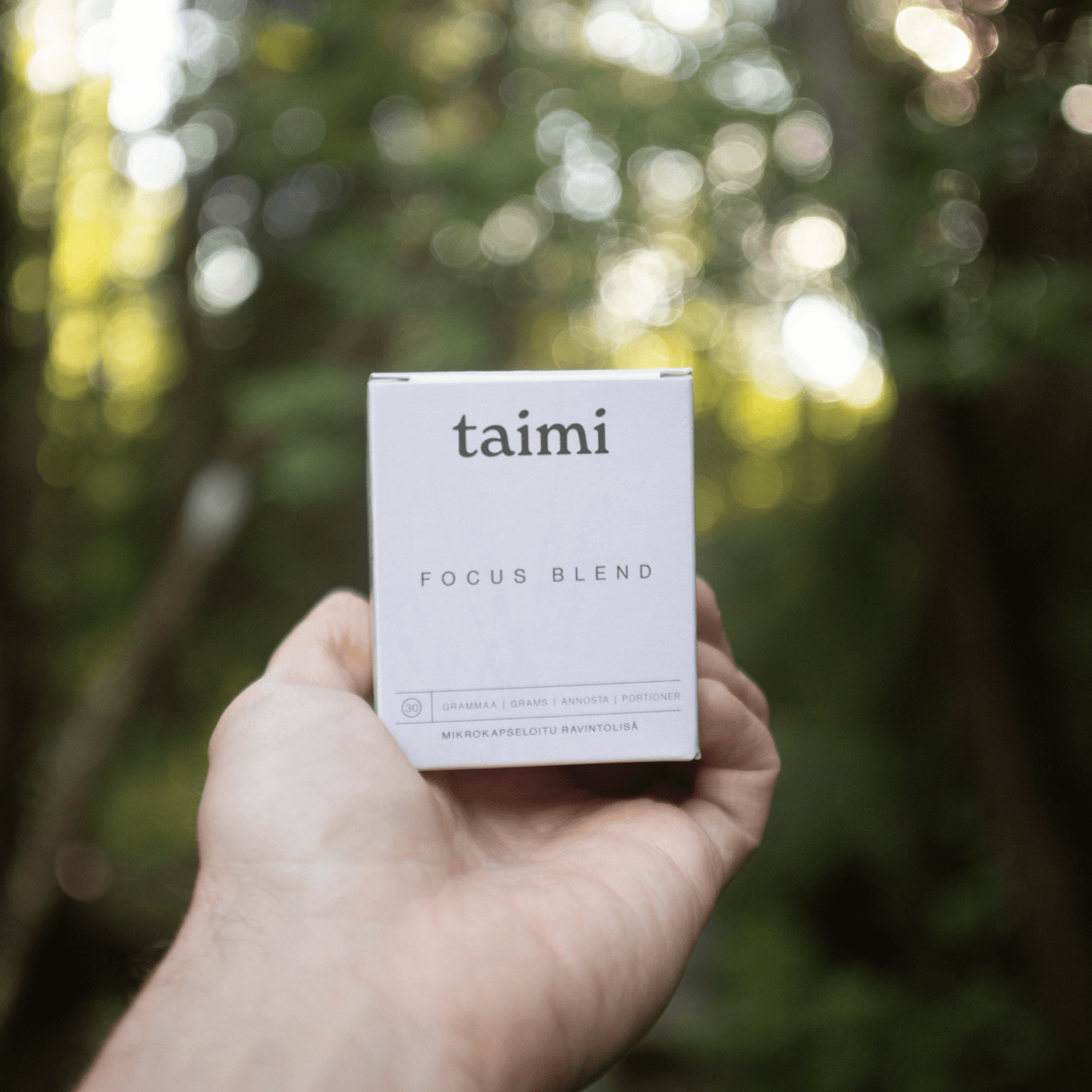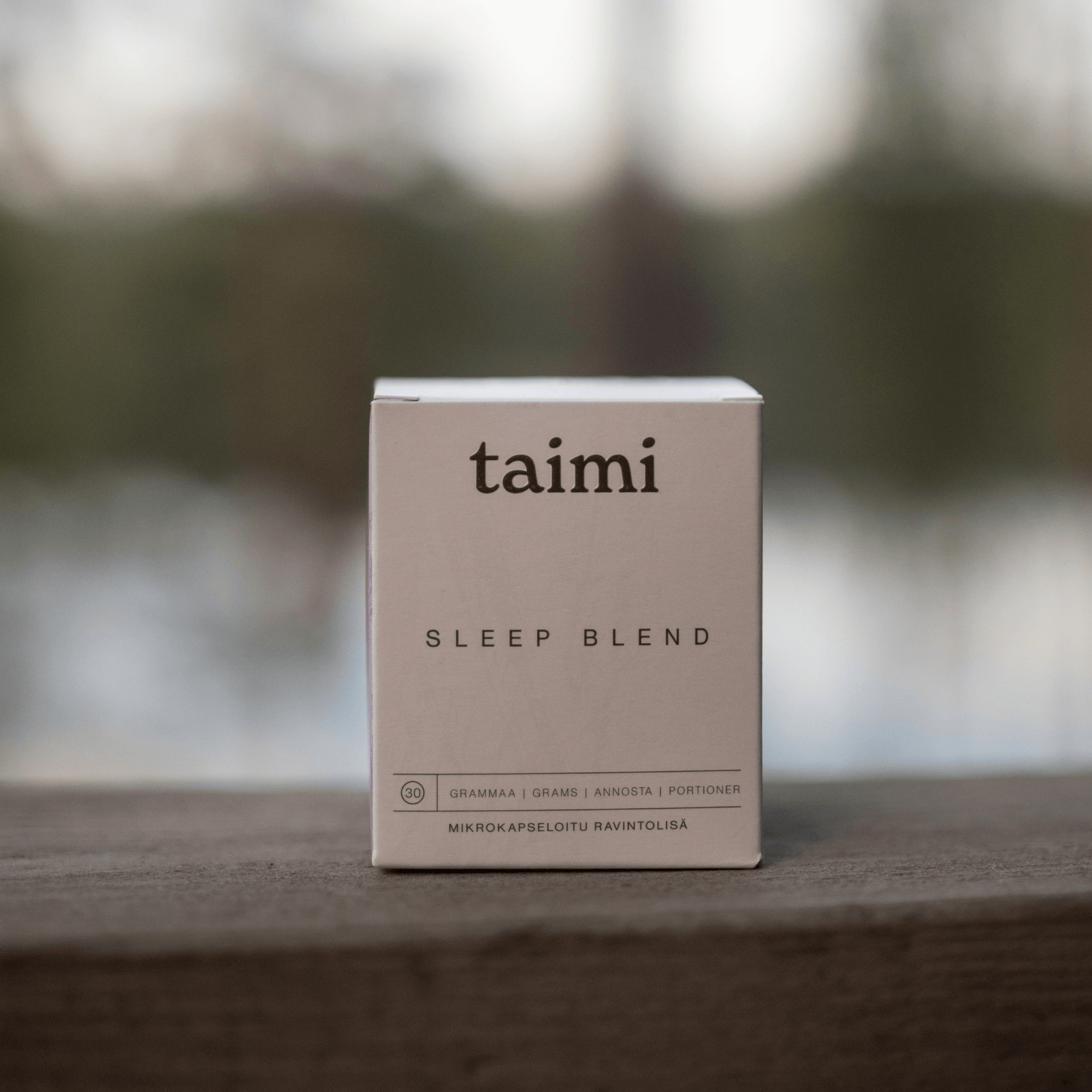Table of contents
N-acetylcysteine, or NAC, is an effective, safe and affordable supplement for several acute and chronic diseases.
What is NAC?
Cysteine is an amino acid and N-acetylcysteine (NAC) is its dietary supplement form. It helps the body make and use protective antioxidants. The more precise molecular form of NAC is N-acetyl L-cysteine, but the colloquial form is N-acetyl cysteine.
Cysteine is found in many protein-rich foods, but N-acetylcysteine is only found in supplements or prescription drugs.
Because the human body can make some NAC from other amino acids, especially methionine and serine, it is considered a "semi-essential amino acid." This means that there is no defined daily requirement for NAC, but higher dosage amounts in supplement form may benefit some people.
The benefits of NAC are many, and it has been used for decades for various purposes, for example to reduce inflammation, protect the liver, prevent/treat insulin resistance, infertility due to PCOS and, among other things, drug toxicity.
What is NAC used for? Its most common uses are:
- Increasing the amount of an antioxidant called glutathione.
- Treatment of paracetamol (analgesic) overdose.
- Dissolving mucus from lung diseases such as bronchitis.
- Protecting the liver.
- To prevent bladder or neurological damage caused by some drugs.
- Possibly to prevent colon cancer.

NAC has been found to support a healthy pregnancy and has not been found to have any harmful effects on the mother or fetus. During pregnancy, however, you should be particularly careful about which supplements you use and talk to your doctor about possible side effects.
7 main benefits of N-acetylcysteine
1. Antioxidant effects and helps to form glutathione
NAC is involved in the regulation of the glutamatergic system . N-acetylcysteine acts as a precursor to L-cysteine, which leads to the biosynthesis of glutathione. Indeed, L-cysteine (along with glutamine and glycine) is an amino acid that is needed for the production of arguably the most important antioxidant in the human body, glutathione.
The most important mechanisms of action of N-acetylcysteine are its antioxidant and anti-inflammatory effects. These are due to NAC's ability to increase glutathione levels, protect against free radicals and reduce oxidative stress.
Because of this, it is recommended as a possible treatment for various diseases that may be caused by free radicals, such as liver diseases, Alzheimer's disease, Parkinson's disease and even cancer.
2. May help support pregnancy
Is NAC dangerous during pregnancy? Studies have not shown that NAC treatment has harmful effects on the mother or the fetus.
Some studies have even found that taking NAC in combination with vitamin E or vitamins A+E and essential fatty acids can reduce reactive oxygen species (ROS) and lead to improved pregnancy outcomes in those struggling to conceive and stay pregnant, especially women. who have PCOS.
This is due to NAC's ability to increase glutathione levels, which positively affects insulin secretion and reduces insulin resistance, which is thought to be associated with PCOS.
According to an article published in Women's Health Reviews, NAC works as a therapeutic method that improves the amount of insulin circulating in the body and insulin sensitivity in PCOS patients with hyperinsulinemia.
NAC also has anti-inflammatory effects that may improve pregnancy and birth outcomes in women with infections who are prone to premature births.
NAC can be taken at a dose of 600 mg per day orally along with progesterone after 16 weeks of pregnancy to prevent recurrence of preterm labor.
In addition, it can help treat paracetamol overdose during pregnancy. Paracetamol overdose is the most common drug overdose reported in pregnant women.

NAC helps reduce mucus production, cough, wheezing and difficulty breathing.
3. Helps with respiratory problems by breaking up mucus
N-acetylcysteine reduces mucus secretion, phlegm, cough, wheezing and breathing difficulties. This is why it is useful in the treatment of chronic bronchitis and colds and flu, among other things.
There is also evidence that NAC may be useful as an adjunctive therapy in chronic obstructive pulmonary disease and emphysema.
4. Protects the liver and kidneys
Does N-acetylcysteine help liver function? Yes. In addition to protecting the body from damage caused by free radicals, NAC also helps control the adverse effects of drugs, especially paracetamol .
NAC is effective in the treatment of emergency paracetamol poisoning and acute liver failure.
NAC injections can be given to reduce the adverse effects of an overdose on the liver and kidneys. N-acetylcysteine seems to counteract the toxicity of chemicals as follows:
- Because of the dual role it plays as a nucleophile and sulfhydryl donor.
- By increasing glutathione in the body.
- By reducing N-acetyl pbenzoquinone imine.
- With antioxidant properties that protect liver function.
NAC reduces toxicity and intoxication states best when taken within 8-10 hours of an overdose. Patients who take NAC within eight hours typically improve, have a less than 10 percent incidence of hepatotoxicity, and have a lower chance of severe liver/kidney damage.

NAC has been found to have a positive effect on mood and various cognitive problems ranging from PTSD to schizophrenia.
5. Improves and stabilizes mood
An imbalance of glutamate is believed to be one of the factors affecting mood and cognitive states. Because NAC affects levels of the neurotransmitter glutamate in the brain, it may be a useful adjunctive therapy for anxiety, depression, and other mental health issues.
In particular, it has been shown to have positive therapeutic effects on psychiatric syndromes characterized by either oxidative stress or impulsivity and compulsiveness.
According to an article published on Psychology Today:
This compound has been the subject of many studies, including neuroimaging studies, and has been studied in countless disorders - depression, bipolar disorder, obsessive-compulsive disorder, PTSD, schizophrenia, addiction, eating disorders, Alzheimer's disease, and addiction.
NAC has also been shown to alleviate the symptoms of ADHD .
NAC appears to help with rumination (extremely negative thoughts about the self that are hard to control) and can help make these thought patterns less distressing and less likely to trigger severe worry or fear and trigger depression.
The preliminary evidence for the function of N-acetylcysteine in the brain is positive, but further research around the subject area is needed.

NAC can help improve mood and reduce negative thoughts about yourself.
6. May help stop the development of cancer
Although NAC has not been shown to treat cancer, there is evidence that it may protect against cancer by neutralizing DNA-damaging free radicals. In animal experiments, animals fed with NAC supplementation showed less cell damage, as well as fewer lung, colon and bladder tumors compared to animals fed a normal diet.
Memorial Sloan Kettering Cancer Center states that "NAC interferes with tumor invasion, metastasis, and blood vessel growth in laboratory experiments, but it is not known how well these effects translate to humans."
Clinical studies show that NAC can help defend against certain types of cancer by:
- By regulating the expression of genes involved in oxidative stress and inflammatory pathways.
- By improving antioxidant levels
- By reducing the production of inflammatory cytokines and proteins.
Additionally, NAC can be used to help cancer patients cope with the side effects associated with certain medications and treatments.
7. Defends against metabolic diseases
As mentioned above, NAC improves insulin sensitivity and can help those who are prone to metabolic disorders. Metabolic disorders are more common in people with low antioxidant levels. With NAC, it is possible to promote the healing of metabolic diseases or reduce their adverse effects.
How to use N-acetylcysteine (and dosage information)?
NAC is an over-the-counter supplement/medicine that can be purchased at your local health food store in capsule or tablet form. N-acetylcysteine is also available by prescription as an injection.
Cysteine (a sulfur-containing amino acid) is found in foods such as chicken, turkey, garlic, yogurt, and eggs, but NAC can only be obtained through supplements or medications.
There is no daily need for NAC and there is no agreed "optimal dose" for NAC supplements.
General NAC dosage recommendations depending on the symptoms/conditions being treated:
- 600 to 1,800 milligrams of NAC per day appears to be effective for many conditions ; A 600 mg capsule, two to three times a day, is the recommended starting dose.
- 2,000 milligrams per day appears to be a safe dose for most adults.
- Higher doses may be needed in the treatment of certain chronic and degenerative diseases such as COPD, impaired glucose control and cancer.
- Daily doses of 2,800 milligrams for up to three months appear to be effective in COPD patients, according to some studies.
- A safe amount of NAC for long-term use is 70-100 mg per day

Immunity Blend contains N-acetylcysteine in an absorbable form just small enough for you to use daily.
Taimi Immunity Blend contains 48 mg of NAC per serving. Because Immunity Blend's microencapsulation protects sensitive ingredients such as N-acetylcysteine from the ravages of stomach acids, promoting absorption and efficacy. However, the amount is small enough so that the product can be used for a long time and get the synergistic benefits of N-acetylcysteine and 17 other raw materials, which promote natural immunity.
>> CHECK OUT IMMUNITY BLEND HERE <<
How long does it take for NAC to start working?
It depends on the disease for which N-acetylcysteine is taken, the individual, the method of use, and the dose.
NAC can work within hours and help treat overdoses and poisoning states when taken intravenously. In the treatment of other diseases, the benefits of NAC may take several months to manifest. On the other hand, in some people, NAC can have an effect in just a few weeks.
When should you take NAC?
N-acetylcysteine can be taken at any time of the day. NAC is available in various dosages, such as 500 mg, 600 mg, 750 mg and 1000 mg capsules, as well as in powder form.
If you habitually use larger daily doses, it is advisable to divide the daily dose into several parts. For example, you can take two or three doses a day, in the morning, during the day and in the evening.
Adverse effects and interactions
Is NAC dangerous?
NAC is safe for most people, but drug interactions and adverse reactions are possible. Overall, most experts believe that the potential benefits of NAC use outweigh the potential risks.
What are the side effects of NAC?
Possible side effects of NAC may include:
- Indigestion/upset stomach
- Diarrhea
- Fatigue and drowsiness
- Perspiration
- Rash

The benefits of NAC are manifold and it is generally a safe supplement . However, remember that supplements do not replace a varied diet.
NAC may not be safe for people with asthma, bleeding disorders, or those taking nitroglycerin (for example, blood thinners and certain blood pressure medications). If these apply to you, check with your doctor before taking NAC supplements to discuss potential interactions.
Is NAC bad for the kidneys? Can NAC cause liver damage?
In very high doses, any supplement can cause liver or kidney problems, but as stated above, NAC is generally considered to protect the liver and kidneys, not harm them.
Summary
- N-acetylcysteine (NAC), the dietary supplement form of cysteine, is an amino acid that helps the body produce and use protective antioxidants, especially glutathione.
- The official molecular form of NAC is N-Acetyl-L-Cysteine, but N-Acetyl-Cysteine is the established colloquial form.
- N-acetylcysteine protects the liver and kidneys, supports detoxification pathways, and has anti-inflammatory effects.
- N-acetylcysteine injections are used to correct drug overdoses and poisoning states.
- Other benefits of NAC include the treatment of respiratory diseases, PCOS, infertility, metabolic syndrome and certain types of cancer.
- N-acetylcysteine is not available in food, but cysteine is. NAC can only be obtained through the use of supplements or prescription drugs.
- The dose size of NAC varies. In long-term use, as an ingredient that supports the body's function, a good dose size is 700-100mg . 600-1800 milligrams per day is a possibly effective dosage size in the treatment of certain ailments. Higher doses of around 2000 mg/day have also proven to be safe.

